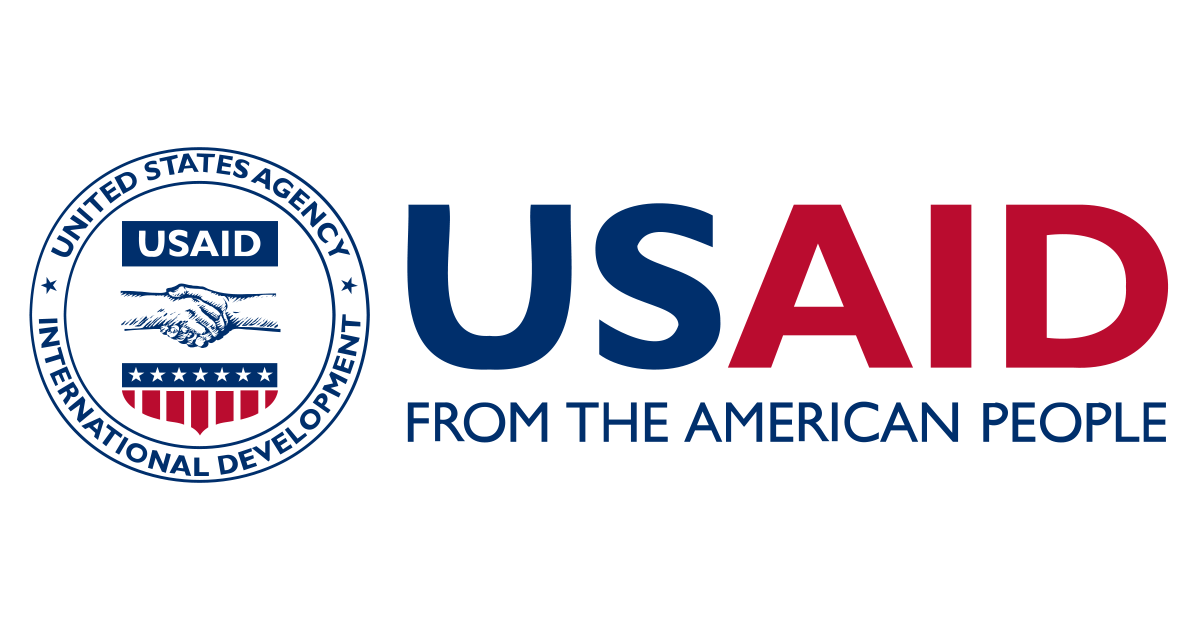In a recent announcement at the World Food Prize, Feed the Future, the U.S. government’s global hunger and food security initiative, disclosed plans to enhance its efforts in strengthening small-scale farmers’ resilience to climate change and other shocks.
This expansion entails the addition of two new Innovation Labs and a collaborative research initiative, increasing the total number of Innovation Labs to 17 across the United States.
Over the course of five years, the expansion includes funding of up to $37 million for a new Feed the Future Innovation Lab for Climate Resilient Cereals, led by Kansas State University.
This lab will focus on developing climate-resilient cereal crops like rice, wheat, sorghum, and millet. These innovations are essential, given the adverse impact of climate change and extreme weather conditions on crop yields, particularly affecting smallholder farmers who rely solely on rainwater for irrigation.
This initiative aims to create a pipeline of climate-adapted crop varieties to meet the evolving needs of farmers, with a particular focus on the unique requirements of small-scale farmers, as well as women and youth who often have limited access to agricultural innovations and technology.
Additionally, up to $40 million will be allocated for a new Feed the Future Innovation Lab for Irrigation and Mechanization Systems, led by the University of Nebraska, pending the availability of funds.
This lab’s research will concentrate on improving irrigation, mechanization, and water resource management systems for small-scale farmers.
In sub-Saharan Africa, a significant number of farm households depend on manual labor, with minimal irrigation and mechanization resources.
The objective is to help farmers identify suitable technologies and access services that enhance crop yields and promote efficient water use, thereby increasing food production and income. This, in turn, strengthens farmers’ resilience to various challenges and stimulates broader economic growth.
Moreover, two existing Feed the Future Innovation Labs, namely the Livestock Systems Innovation Lab, led by the University of Florida, and the Animal Health Innovation Lab, led by Washington State University, have joined forces for a nearly $2 million initiative spanning three years.
Their collaboration aims to explore One Health Approaches to Mitigate Brucellosis, a zoonotic disease affecting both livestock and humans.
This initiative will strive to understand how the disease spreads in East Africa and identify effective, locally-adaptable, and gender-responsive control strategies.
Brucellosis infections have severe consequences for pastoralists and small-scale farmers, resulting in significant losses in fertility and milk production. Additionally, more than 500,000 new cases of brucellosis are reported in humans annually, primarily impacting individuals who consume unpasteurized milk and work closely with livestock.
Through this initiative, USAID will provide support to small-scale farmers to mitigate threats to their livelihoods and health.



